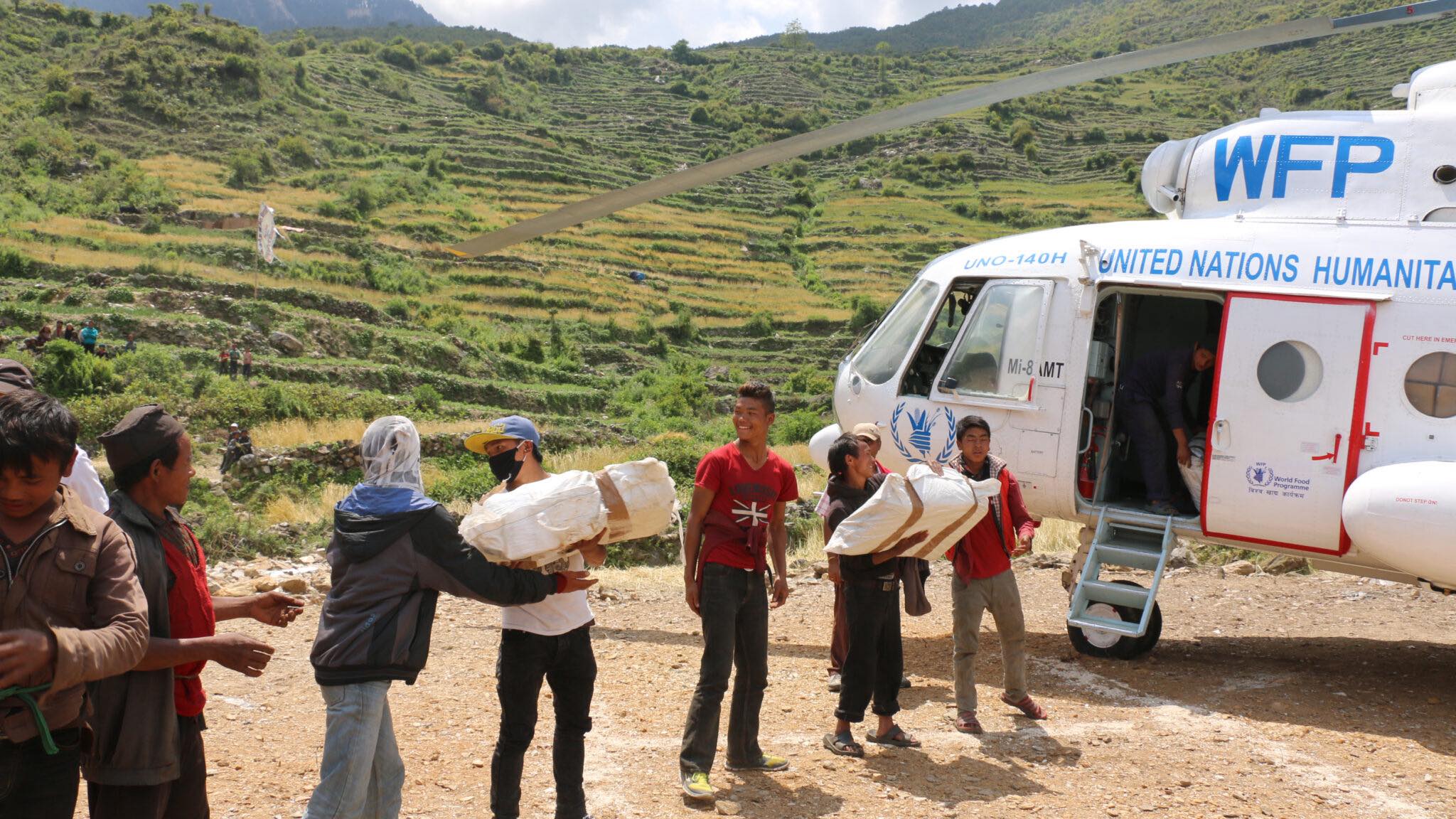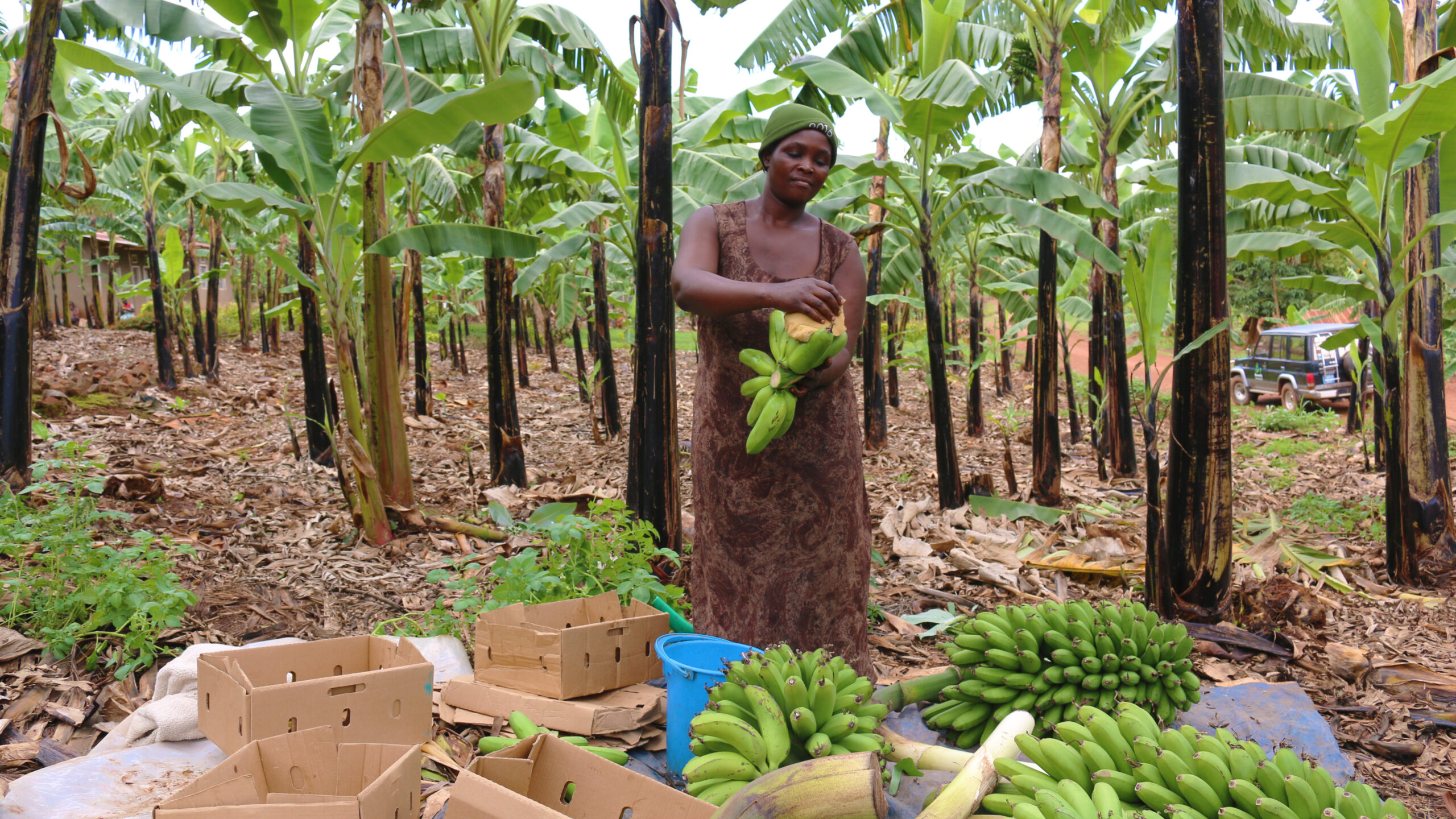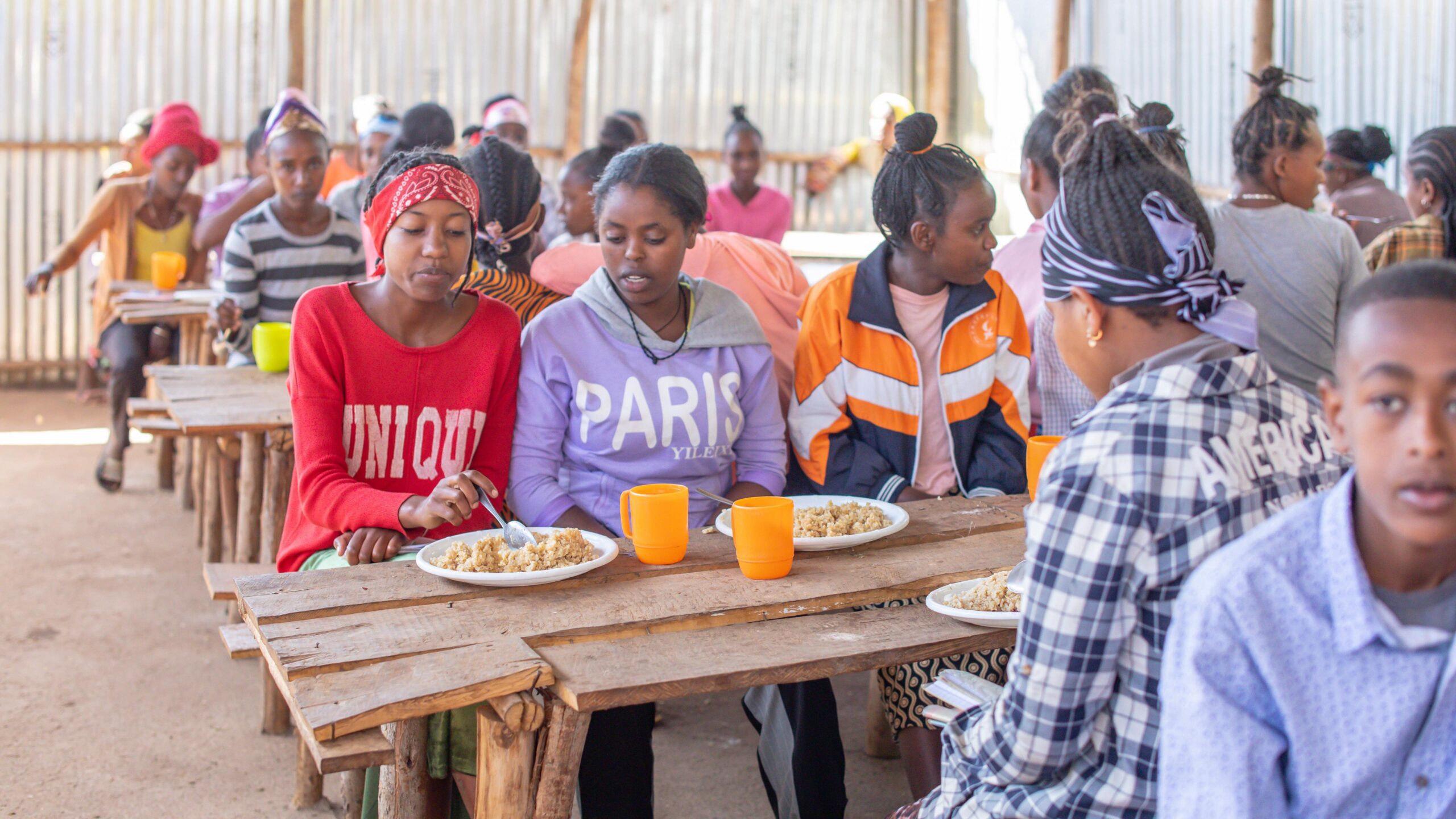For nearly a decade, IFPRI and its partners in the Regional Network on AIDS, Livelihoods and Food Security (RENEWAL) have been studying the critical links between HIV/AIDS, agriculture, hunger, and malnutrition. Active in Kenya, Malawi, South Africa, Uganda, and Zambia, RENEWAL works to enhance the understanding of these connections and bridge the divide between the HIV and food/nutrition communities.
“As the causes and consequences of AIDS epidemics become clearer, so does the fundamental importance of food and nutrition security,” says Stuart Gillespie, IFPRI senior research fellow and RENEWAL director. “HIV/AIDS and food insecurity are entwined in a vicious cycle. Food and nutrition insecurity heightens susceptibility to HIV exposure and infection, while AIDSin turn exacerbates hunger and malnutrition.”
Adequate food and good nutrition are crucial to slowing the progression of the disease and for the optimal nutrition and health of people living with HIV, who require up to 30 percent more calories than usual. Children may need 100 percent more. Nutritional support can also postpone the need to start taking antiretroviral drugs (ARVs). And for those receiving ARVs, good nutrition is necessary for the drugs to be effective and to reduce side-effects, which can otherwise be severe. Research shows that if patients are malnourished when they start taking antiretroviral drugs, they are six times more likely to die than individuals who are well-nourished when they begin treatment.
“Providing food assistance and other forms of social protection to HIV-affected individuals and families has tremendous potential to improve their lives,” adds Gillespie. “As the international community marks another World AIDS Day, it’s more important than ever that we support efforts to simultaneously make food and nutrition programs more HIV-sensitive, and strategies to address HIV more effective when it comes to nutrition.”







